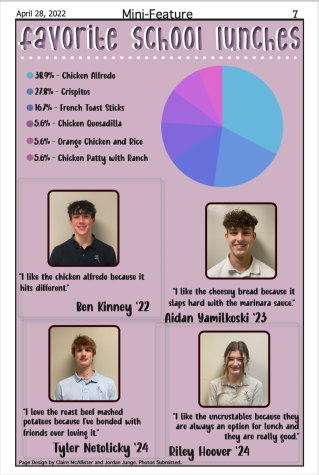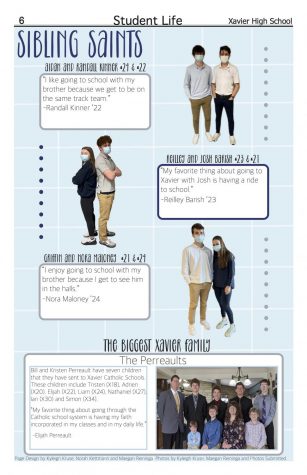Genius at work
March 11, 2020
Chess—an intellectual and strategic activity spanning back centuries that millions of people play across the globe. Almost everyone knows what chess is and sort of how to play it, but do you know who the world chess champion is? Do you know who reached the number one in world rankings at 19, who became the world chess champion at 23 and who has held that place for the past seven years? Well, I do and I know that Norway’s own Magnus Carlsen is an underrated genius who deserves more recognition.
Since he was a child, Magnus behaved like a genius. By the time he was two, he was completing complicated puzzles, and by four, he had all the 356 Norwegian municipalities memorized. Though childhood success does not necessarily lead to genius, in this case, it did. No one expected him to be the next Einstein or Mozart, but Magnus is the Hawking of chess.
In today’s world, most major chess players use computer algorithms to determine ways to beat their opponents. Yet, Magnus is better than those computers, he rules the boards through intuition. Today’s top chess players memorize games. They use their computers to analyze an opponent’s first move and other consistent moves, but Magnus remains an enigma. His brain is beyond what those computers predict and he won’t even use his own computer. Other competitors dislike him for his inconsistent plays, which make him beyond what can be mapped or pre-programmed. Magnus’s style of play has created a 120 win streak, which is the longest confirmed unbeaten streak at an elite level.
Going further than his many statistical records, Magnus is also inspiring other young people to take up the game of chess. When he won the world chess championship, Norway virtually sold out of chess sets. Though the news didn’t stick with the collective United States, his impact on the youth in the chess community is astonishing. He has encouraged children to take up this strategic game, which is imperative to education and growth.
Besides chess’s association with intelligence, Magnus is also hilarious. This 29-year-old has been playing online chess under aliases such as “DrDrunkenstein” and “Danny The Donkey”. Magnus would live stream these online games showing the inner workings of his brain and also living up to the name of “DrDrunkenstein.” Eventually, after a streak of lower scores, which ripped my heart out of my chest, Magnus announced that he has stopped drinking and will take the activity more seriously. Where most people take winning for seven years straight as a serious accomplishment, his ridicule of the feat makes him even more amusing. With this recent carefree and joking attitude, he is better able to connect with the younger generation.
Chess is not a mainstream interest (and even I didn’t know a thing about chess until I watched Magnus’s documentary, which has 81% on Rotten Tomatoes, so check it out), but it’s poised to not be forgotten for years to come. I’ve learned how gratifying chess is and have a deeper understanding as to why this game has lasted over fourteen centuries.
I, for one, will forever be a Magnus stan and I can assure you that I will be inconsolable if Magnus ever loses his title. Magnus Carlsen is a genius and he deserves so much more recognition then he receives now. Long may he reign.













